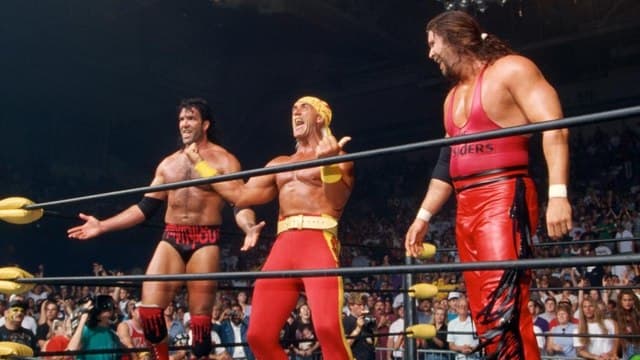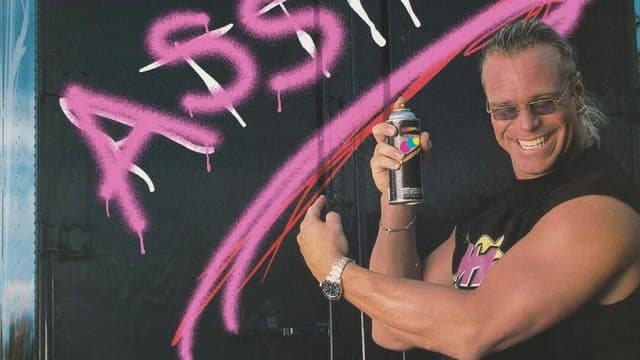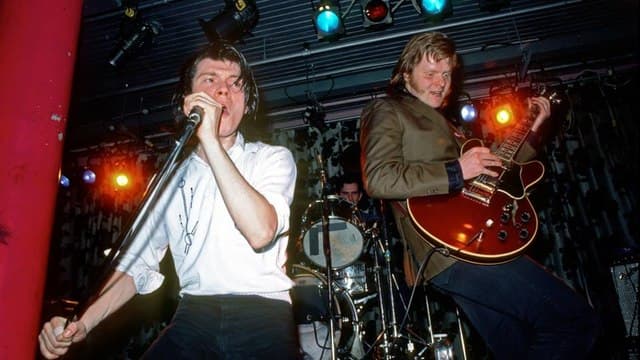0Comments
PUBLISHED
UPDATED
The Night Billy Gunn Broke My Heart
About the Author
Lucy Diavolo
Lucy Diavolo is a writer and editor currently based in rural Ohio. She was the editor of No Planet B, published 2021 by Haymarket Books, and was a politics editor at Teen Vogue and bass player for The Just Luckies.
Newest


